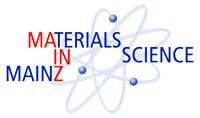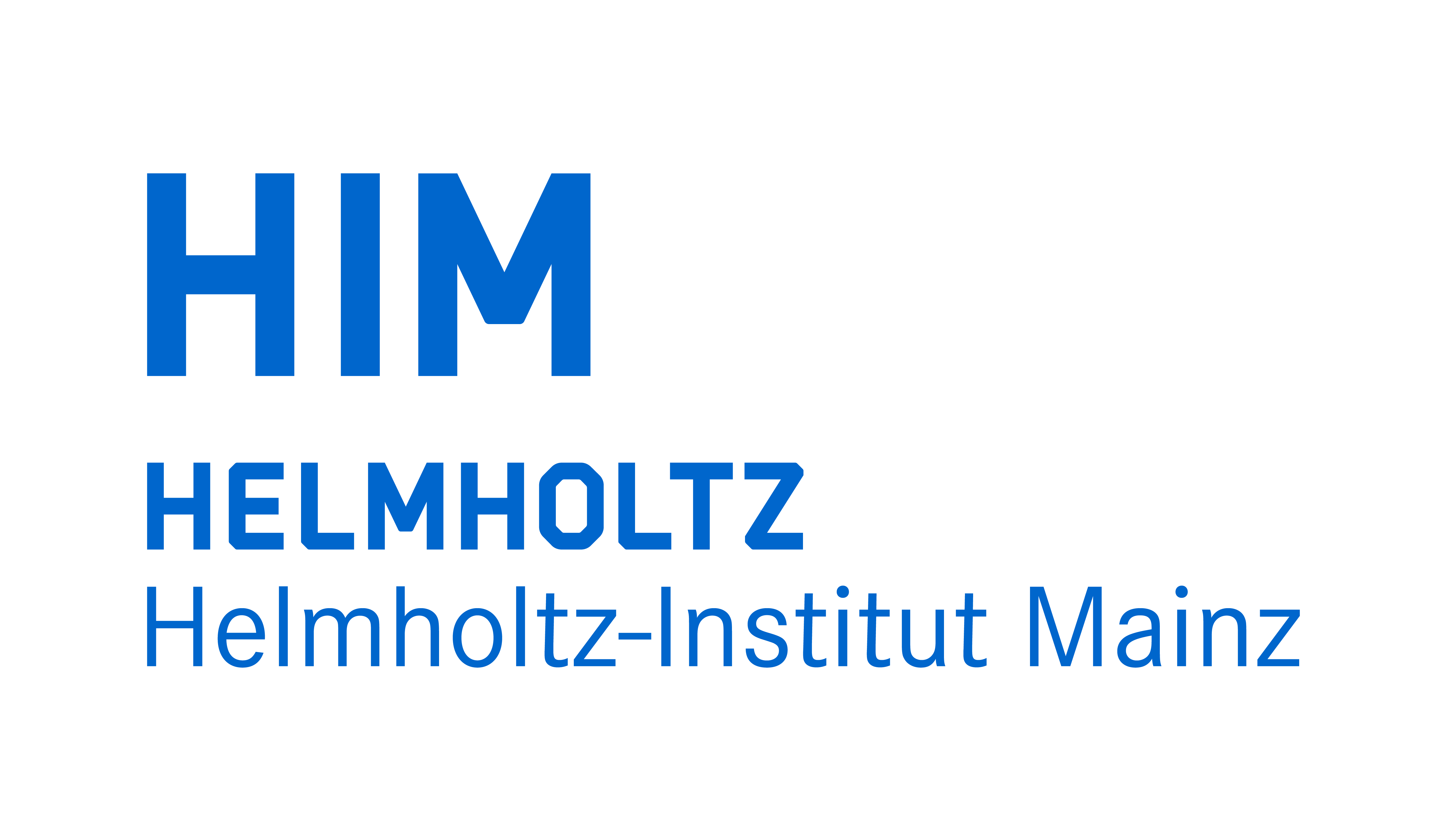


Physikalisches Kolloquium
Nov. 30, 2021 at
4:15 p.m. c.t.
only via
Recording of the presentation
Prof. Dr. Friederike Schmid
Institut für Physik
friederike.schmid@uni-mainz.de
Prof. Dr. Hartmut Wittig
Institut für Kernphysik
hartmut.wittig@uni-mainz.de
Frontiers in Nuclear Theory
Achim Schwenk (Technische Universität Darmstadt)
The strong interaction described by quantum chromodynamics gives rise to the formation of hadrons and nuclei that constitute the baryonic matter
in the Universe and governs the densest matter in neutron stars and highest temperatures reached in compact object mergers. Combined
with the electroweak interaction, it determines the structure and properties of all nuclei in the nuclear chart in a similar way as quantum
electrodynamics shapes the periodic table of elements. However, big science problems of the strong interaction remain unsolved, especially
regarding the structure of extreme neutron-rich matter in the laboratory and stars.
New facilities for rare isotopes will discover over a thousand new isotopes, getting as close as possible to the nuclei in the Universe's
heavy-element nucleosynthesis pathway. On the theoretical side, there are impressive advances towards a unified description of all nuclei and
matter based on effective field theories of the strong interaction combined with powerful many-body methods. In this colloquium, we will
discuss the advances, status and challenges in strongly interacting matter, with a focus on how the nuclear chart emerges from nuclear
forces and on the physics of neutron stars and neutron star mergers.
Attachment